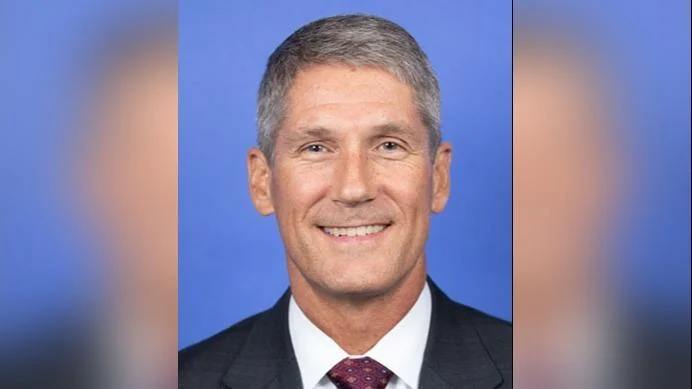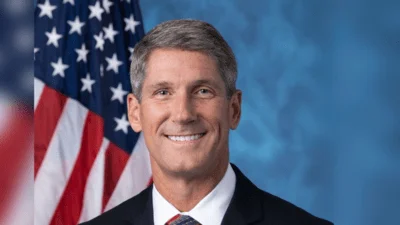Scott Franklin U.S. House of Representatives from Florida | Official U.S. House Headshot
Scott Franklin U.S. House of Representatives from Florida | Official U.S. House Headshot
WASHINGTON, DC—Rep. Scott Franklin (FL-18) addressed the Natural Resources Committee’s Subcommittee on Federal Lands to discuss his bipartisan, bicameral bill, H.R. 8206, aimed at protecting Florida’s Big Cypress National Preserve from what he described as extreme overreach by the Biden Administration. The National Park Service (NPS) is currently maintaining parts of Big Cypress as a wilderness area without the required congressional designation.
“Only federal government bureaucrats believe they are better equipped to protect Florida’s Big Cypress National Preserve than the Miccosukee Tribe and the Gladesmen who have successfully used and maintained the land for generations,” Rep. Franklin said, who represents portions of the Preserve. “The Preserve is an essential part of the community in South Florida. If the Biden Administration continues to pursue extreme restrictions on this land—despite the vehement opposition of state and local government and the tribes—it would have disastrous effects on the region. My bill will prevent this overreach and ensure that only an act of Congress can alter the protected status of the Preserve, as intended. I thank Rep. Tiffany for giving Chairman Cypress and me the opportunity to advocate for the Miccosukee Tribe and the Preserve. I urge the Committee to support this measure.”
Specifically, Rep. Franklin’s bill prevents the Biden Administration from pursuing a wilderness designation at Big Cypress National Preserve and would release lands in the Preserve from further wilderness consideration. The wilderness designation is the highest protection given to any land or water in the U.S., prohibiting inhabitants, permanent structures, and any motorized vehicle use. Such restrictions block access for activities important to local communities, including access to sacred burial sites for the Miccosukee Tribe, hunting invasive species like pythons, and general access for Gladesmen.
In the 1960s, plans for a new airport in Everglades threatened Big Cypress Swamp. Conservationists, environmentalists, tribes, and Gladesmen lobbied Congress to protect their region. In 1974, Congress authorized Big Cypress National Preserve—the country’s first such preserve.
When authorizing Big Cypress National Preserve, Congress directed NPS to review lands within it that may be suitable for wilderness designation. An initial study conducted in 1979 concluded none of its 729,000 acres were suitable for inclusion in the National Wilderness Preservation System. Decades later, NPS restudied it again with results released in 2020 providing three options to manage certain areas as wilderness. Pursuant to their study results, NPS currently manages approximately 147,910 acres—25% of Big Cypress—as wilderness without congressional consent.
Talbert Cypress, Chairman of Miccosukee Tribe served as a witness at Natural Resources Committee hearing explaining how a wilderness designation would fundamentally alter their way of life.
Rep Franklin's exchange with Chairman Cypress can be watched here.
Rep Franklin's remarks on bill H.R 8206 before Federal Lands Subcommittee can be found here.
In April Rep Franklin joined Reps Donalds Diaz-Balart & other Florida colleagues writing Interior Secretary Haaland urging halt proposed federal wilderness designation national preserve.
Rep Franklin introduced H.R 8206 alongside nine other colleagues May Sen Rick Scott R-FL companion legislation Senate


 Alerts Sign-up
Alerts Sign-up